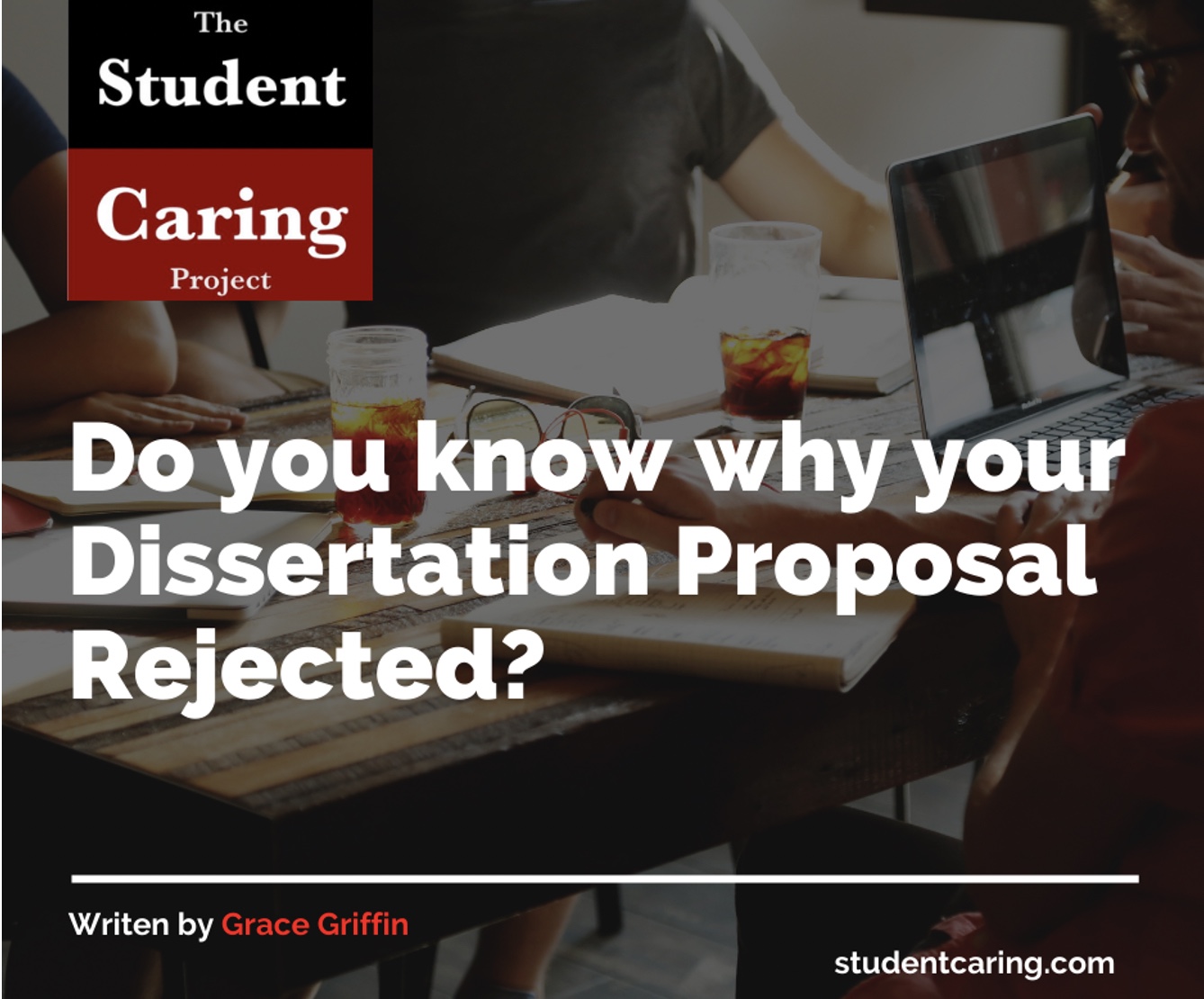
Are you a university student who is curious to know about what a research proposal is? It doesn’t matter you are in an early stage of your university academics or nearing graduation; it is essential to know what a research proposal is and your ideas’ research prospect.
Almost all the universities require their students to research a partial requirement for degree completion. Research is the heart of the degree; if research does not fulfill the criteria, it is destined to face challenges.
Final research is structured sequentially. It is essential to understand the importance of every step to ace in the research study. The first step is idea generation, and then submit your proposal. Following is the general structure followed by universities globally.
- Supervisor selection/allotment
- Identification of research area
- Research proposal
- Proposal Defence
- Abstract
- Data Collection/ Experimentation
- Data Analysis/ Result Analysis\
- First draft
- Second draft
- Final revised draft submission
- Thesis defense
We will focus on writing the research proposal. A research proposal is a formal submission of your research idea for the supervising committee’s approval. A research proposal shall communicate the basis on which research base—the reasons for your choice and how your research will contribute to society.
It is vital to check the university requirements before attempting the first draft of your research. Consulting an example of a research proposal beforehand can come in handy to understand the critical points. It is also essential to avoid common writing mistakes while writing the proposal. A structured research proposal imparts a good impression on the instructor.
Reasons why research proposal can be rejected
Many errors can occur while crafting your proposal that can cause failure. Many random mistakes might pass your eye without detection, which can negatively affect your submission. So, it is essential to verify your document before submitting it. Writing research proposals require critical thinking and creative writing skills. If the document is poorly written, the presentation is not right, doesn’t satisfy the writing’s ethical standards, and might fail to impress the readers.
Rejections are not uncommon in academia on the first attempt, but don’t get demotivated; rectify your mistakes and get it approved for further proceeding. We will discuss the five major factors that can badly affect your document’s authenticity and impression so that you can understand how to minimize the risks of rejection. Most instructors or professors can reject your proposal based on the reasons listed below.
1. Research Methodology
The research methodology is about the techniques or processes you will employ to conduct your research. It allows the reader to evaluate the credibility of your research. The research methodology is the core area to communicate with your audience. It must convey the approach you will adopt in the study, like experimental techniques and analysis tools.
There is a section or chapter in every academic journal or dissertation in which you must discuss the research methodology. In research methodology, you tell your techniques and research methods and show your objective towards the research. But if the method is flawed, it will seem like the data collected is not scientifically approved or significant. It will consequently affect the realism and accuracy of the document. An ill-written methodology will make the research seem flawed and might result in the rejection of your research proposal.
2. Incomprehensible Writing:
Writing has a significant impact on your research as the reader or journals want the study to be written in the most straightforward English that is easier to understand. Grammar mistakes, incoherence, missing key elements like the names and list of authors from whom data is collected, spelling issues can lead the reader/publisher/instructor to reject your proposal.
One of the most common reasons for rejection is not following the journals’ standard of writing. It is essential to follow the guidelines for writing and thoroughly review the format and research before submitting.
Many tools are available in the market to avoid these kinds of mistakes and refrain from making vocabulary mishaps. You can use free professional plagiarism identifying mechanisms from Research Prospect to help you make your research writing better.
3. Lack of research evidence
If the data collected and the research findings are not enough or aren’t appealing to the supervisor, then it is most likely that the proposal will be returned for revision. It can occur if the data used is irrelevant to the research or if the sample’s length is shorter than recommended. If the research conducted is not helpful or doesn’t contribute any advancement in the field, it is most likely to be rejected. The study is always based on strong foundations of prior scientific evidence. To find scientific evidence, do the following things.
- Read Lates research papers
- Consult relevant books
- Read the previous dissertation on similar topics.
- Attend conferences on the subject
- Consult your professor for help
It might be difficult to find factual data in the current COVID-19 scenario; however, you can learn how to improve your academic skills in quarantine.
4. Hypothesis
The research hypothesis is a clear, specific, and predictive statement based on the research. It is a possible outcome of the scientific study. But if the paper’s hypothesis is not clear or is plagiarised, you might get yourself in trouble. Your research will be the ultimate justification of the hypothesis, so it is essential to structure present a concrete hypothesis that will promise the dissertation’s success. Invest time and effort to make sure that your suppositions and results will match.
Three main factors must be considered before writing or submitting your report.
· Clarity
· Provability
· Disprovability (Falsifiability)
Scientific hypotheses need to be specific and clear of the outcome of the research. It should be testable to prove that it supports the hypothesis clearly and needs to have a way to identify whether the hypothesis is false or wrong.
5. Conclusion
All that matters at the end of the research are the results obtained at the end of the study. A good proposal must be able to communicate the expected results from the analysis. Ensure that your proposal can convey the closure of the research, its value addition, and prospects.
All the factors mentioned above can be helpful for your research writings. Keeping these things in mind before starting the research or while can be very persuasive. For researchers, mostly the first-timers, getting their research proposals accepted in the first attempt is challenging. However, suppose you know which mistakes to avoid and how to structure a research proposal. In that case, you can easily overcome the hurdle of getting your research proposal accepted.
Author Bio:
Grace Griffin

Hello everyone. My name is Grace Griffin. I am a member of the writers Team on Research Prospect. I have my bachelors in Law, Masters in Literature and PhD in Economics. I wanted to explore all the possible subjects exists in the world, but I am afraid I couldn’t do so. I am a technical writer and writes research-based content. As for my hobbies, I love reading articles, blogs, magazines, newspapers and books.
###
December 8, 2020

0 Comments